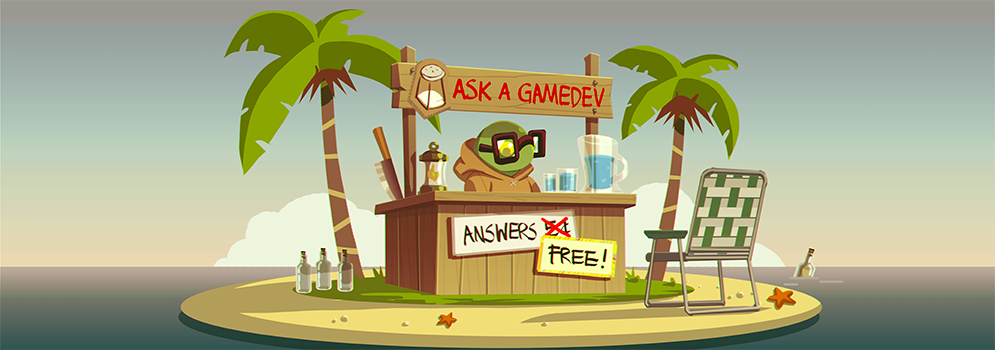Especially with so many projects that were never announced probably getting canceled right now due to layoffs and studios dissolving, how risky would it be for devs to keep personal copies of their work/builds?
I always thought NDAs were generally time limited, and at least that way the work wouldn't be entirely lost for ever. Is that even something devs generally want?
There are certain things that studios and companies can ask us not to do but have a real hard time preventing, especially if the company is going through a death spiral process. Keeping a personal copy of stuff I worked on, especially in an age of remote work, is one of those really hard-to-prevent things. If the company or studio is going under, almost everyone is losing their jobs and the motivation to maintain operational security is very low. Nobody in security cares when their main priority suddenly shifts to finding a new job. In these situations, leaked stuff happens a lot more often since there's little motivation for enforcement.
It's much harder for workers who are let go from a company that remains alive, since breaking NDA would result in being liable for a bunch of damages. However, if I don't disclose anything and just keep stuff private, the studio cares a lot less about whether I have those files. They don't really do much forensic analysis of the workstations of former employees, they mostly just wipe them clean in order to protect the company from potential liabilities from accidentally finding left-behind personal files of the former workers.
The thing about old game projects (especially for cancelled games) is that there's really only so long that the old stuff is even viable. The inevitable passing of time will decay any knowledge of the project and its workflow. If we release information and development stuff about games that were cancelled, say, two console generations ago, it is unlikely that the current IP holders and leadership would be super angry about it because so much time has passed. This is considerably different from releasing information about a game that was cancelled this year, where things are still raw and legal action is still a very legitimate threat.
The main benefit to holding on to old projects is primarily for personal education. There's a lot to be learned if one can go back and study the way things worked on an old project. How did they set things up and why? How can I learn what decisions my seniors and leads made, and why did they make those decisions? How did they solve these problems? Can I use those same techniques? There might be some element of internet influencer points if old stuff gets released to the public, but that typically gets glossed over the way trivia is treated. In my opinion, the real value in old project assets is in the educational content it can provide.
[Join us on Discord] and/or [Support us on Patreon]
Got a burning question you want answered?
- Short questions: Ask a Game Dev on Twitter
- Long questions: Ask a Game Dev on Tumblr
- Frequent Questions: The FAQ


